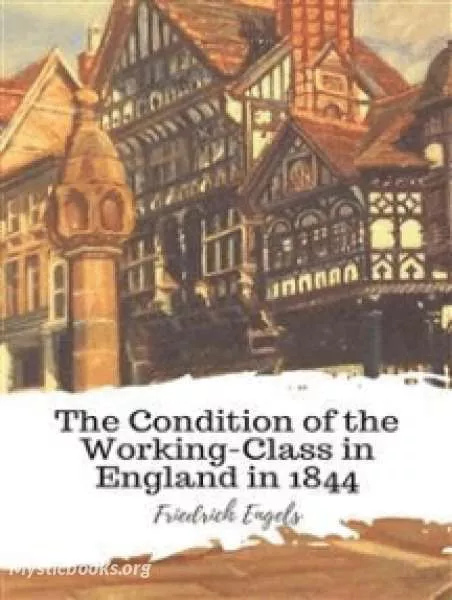
Condition of the Working-Class in England in 1844
'Condition of the Working-Class in England in 1844' Summary
In Condition, Engels argues that the Industrial Revolution made workers worse off. He shows, for example, that in large industrial cities such as Manchester and Liverpool, mortality from disease (such as smallpox, measles, scarlet fever and whooping cough) was four times that in the surrounding countryside, and mortality from convulsions was ten times as high. The overall death-rate in Manchester and Liverpool was significantly higher than the national average (1 in 32.72, 1 in 31.90 and even 1 in 29.90, compared with 1 in 45 or 46). An interesting example shows the increase in the overall death-rates in the industrial town of Carlisle was before the introduction of mills (1779–87), 4,408 out of 10,000 children died before reaching the age of five, and after their introduction, the figure rose to 4,738. Before the introduction of mills, 1,006 out of 10,000 adults died before reaching 39 years old, and after their introduction, the death rate rose to 1,261 out of 10,000.
Engels' interpretation proved to be extremely influential with British historians of the Industrial Revolution. He focused on both the workers' wages and their living conditions. He argued that the industrial workers had lower incomes than their pre-industrial peers and they lived in more unhealthy and unpleasant environments. This proved to be a very wide-ranging critique of industrialization and one that was echoed by many of the Marxist historians who studied the industrial revolution in the 20th century.
Originally addressed to a German audience, the book is considered by many to be a classic account of the universal condition of the industrial working class during its time. The eldest son of a successful German textile industrialist, Engels became involved in radical journalism in his youth. Sent to England, what he saw there made him even more radical.
In 1844, in Paris, Engels met and formed his lifelong intellectual partnership with Karl Marx. Engels showed Marx his book; convincing Marx that the working class could be the agent and instrument of the final revolution in history.
W. O. Henderson and W. H. Chaloner, who edited a recent edition of The Condition of the Working Class in England, say that the book was based on incomplete evidence but that it established Engels's reputation among socialists.
Book Details
Language
EnglishOriginal Language
GermanPublished In
1845Authors
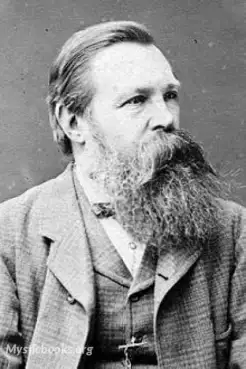
Friedrich Engels
Germany
Friedrich Engels sometimes anglicised as Frederick Engels (28 November 1820 – 5 August 1895), was a German philosopher, economist, historian, political theorist and revolutionary socialist. He w...
Books by Friedrich EngelsDownload eBooks
Listen/Download Audiobook
- Select Speed
Related books

In the Days of Queen Elizabeth by Eva March Tappan
This book delves into the life and reign of Queen Elizabeth I of England, exploring her political maneuvering, cultural impact, and personal challenge...

Popular History of France from the Earliest Times vol 1 by François Pierre Guillaume Guizot
François Pierre Guillaume Guizot was a French historian, orator, and statesman. Guizot was a dominant figure in French politics prior to the Revolutio...
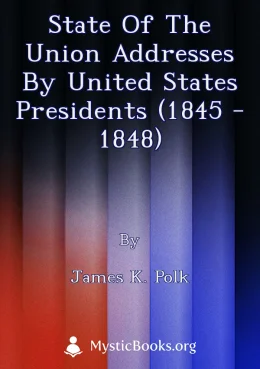
State of the Union Addresses by United States Presidents (1845 - 1848) by James K. Polk
This album contains recordings of State of the Union addresses delivered by President James K. Polk during his term from 1845 to 1848. These speeches...

Cardinal de Richelieu by Eleanor C. Price
This biography examines the life and career of Armand-Jean du Plessis, Cardinal de Richelieu, the influential figure who shaped France during the reig...

Ιστορίαι (Histories) Βιβλίοv 3 (Book 3) by Thucydides
Thucydides' *Histories* is a seminal work of ancient Greek historiography, focusing on the first 20 years of the Peloponnesian War, a devastating conf...
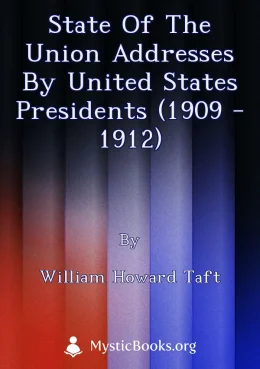
State of the Union Addresses by United States Presidents (1909 - 1912) by William Howard Taft
This book is a collection of speeches given by William Howard Taft during his presidency. The State of the Union address is a speech presented by the...

Sämtliche Schriften 1911-1921, Teil 6 by Carl von Ossietzky
This volume, part of a larger collection of Carl von Ossietzky's writings, focuses on his work from 1911 to 1921. It contains articles, essays, and cr...

Renascence: A Book of Verse by Walter Crane
This book compiles a collection of poems by Walter Crane, a renowned artist and illustrator known for his contributions to children's literature. The...

Perpetual Peace: A Philosophic Essay (Hastie Translation) by Immanuel Kant
This essay, written in 1795, puts forth a plan for a lasting peace between nations and peoples. Kant puts forth necessary means to any peace, and argu...
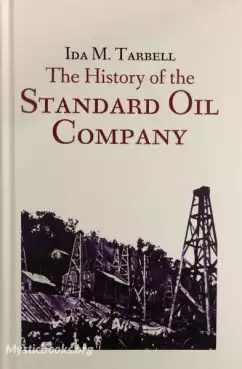
The History of Standard Oil: Volume 1 by Ida Tarbell
The History of the Standard Oil Company is a 1904 book by journalist Ida Tarbell. It is an exposé about the Standard Oil Company, run at the time by o...
Reviews for Condition of the Working-Class in England in 1844
No reviews posted or approved, yet...